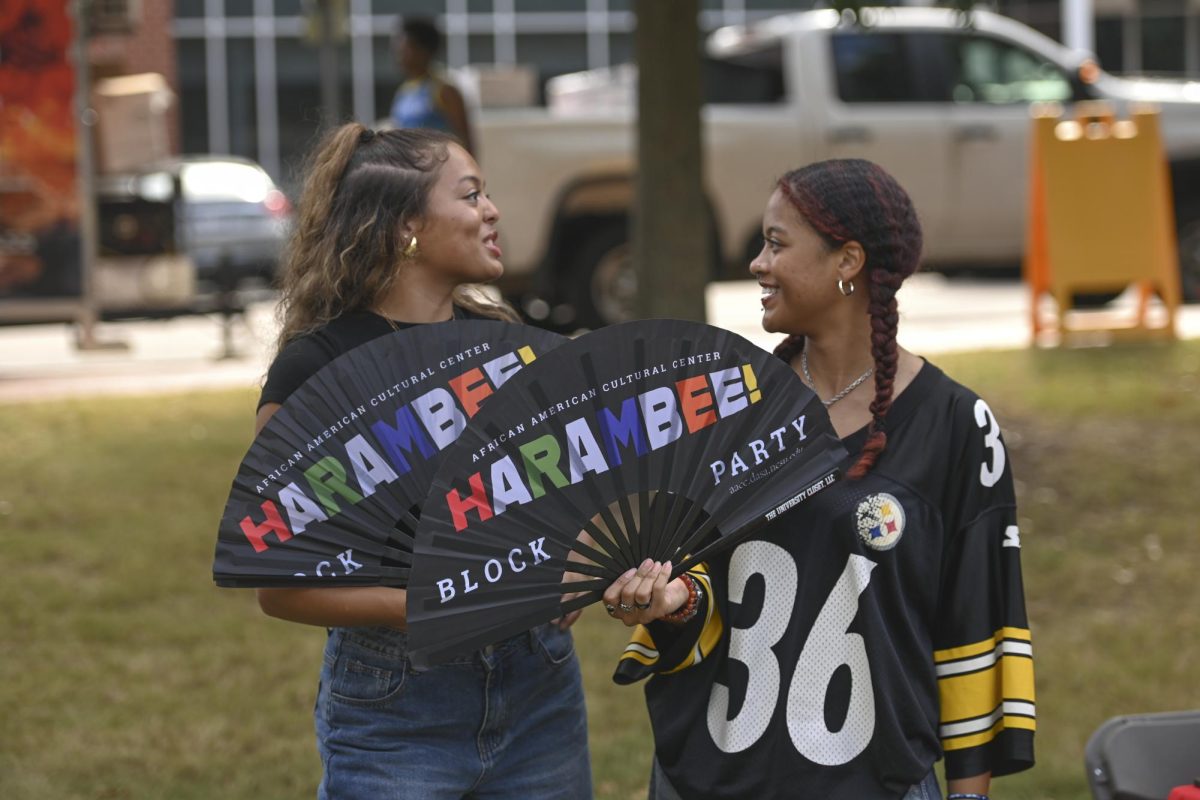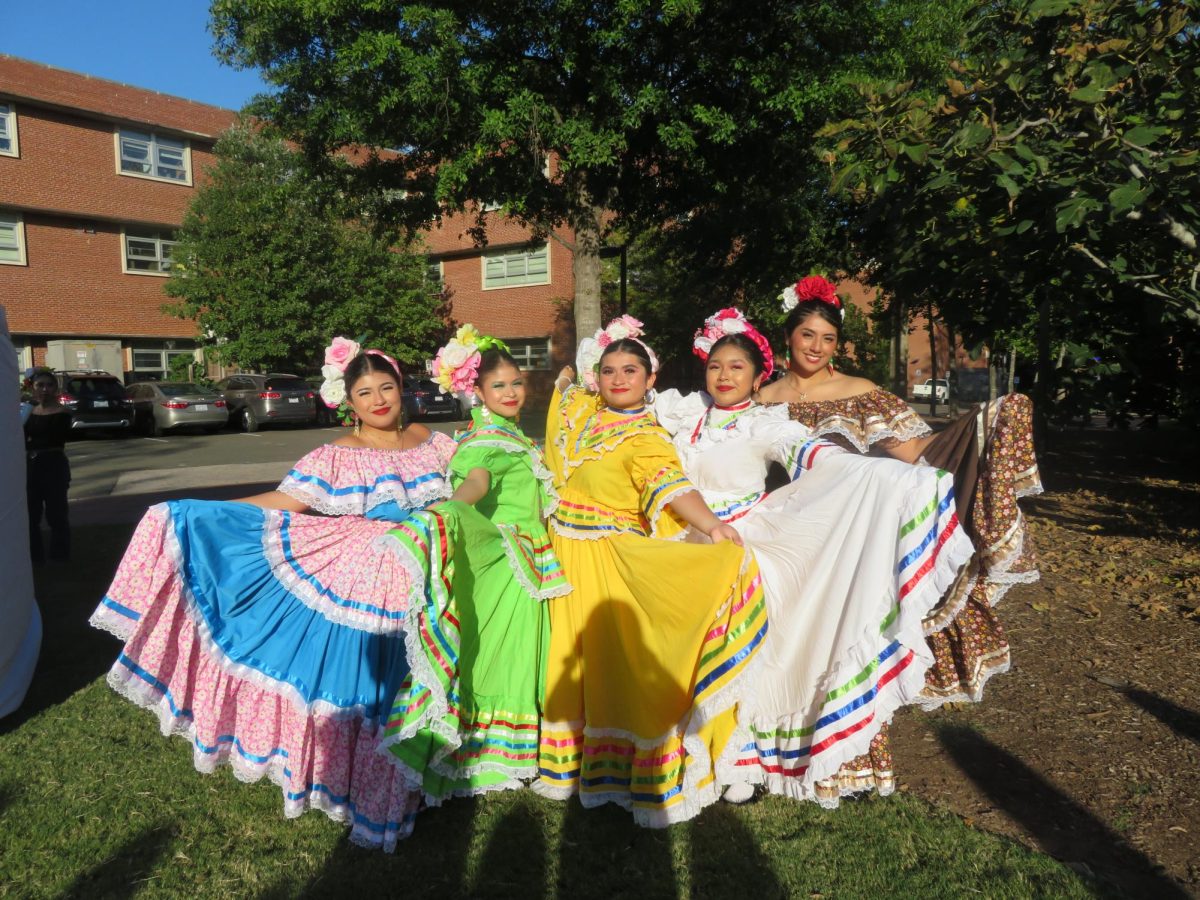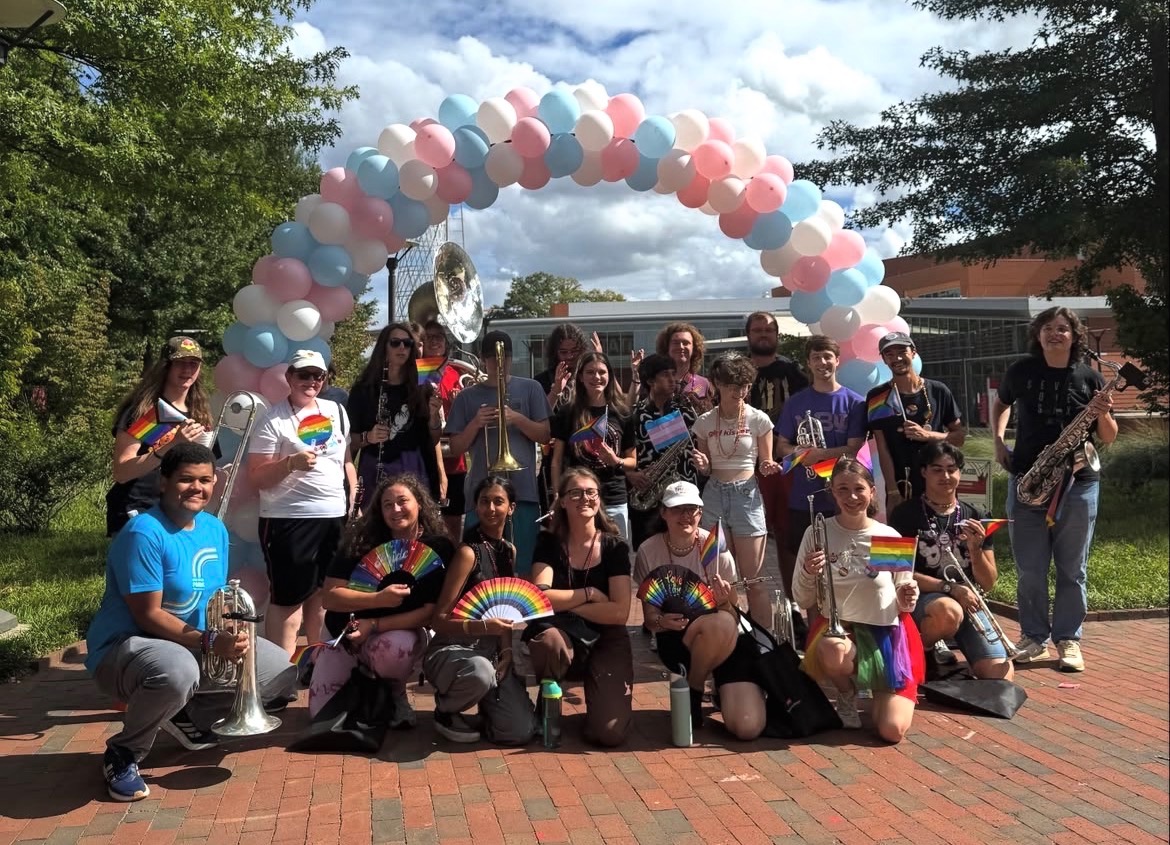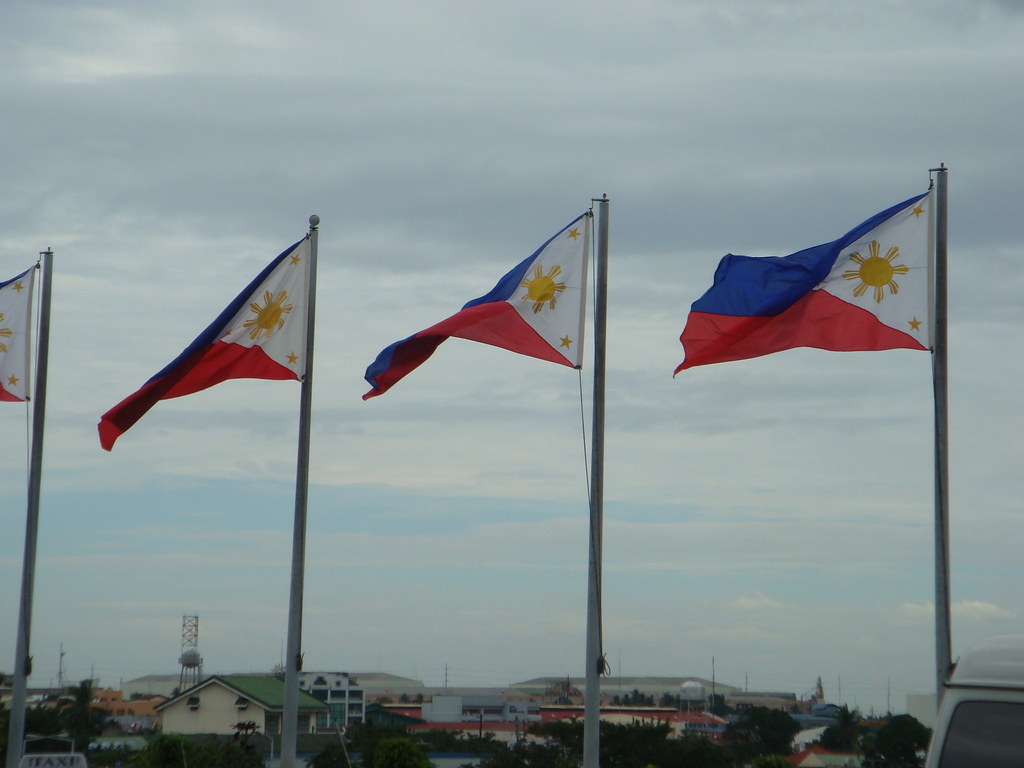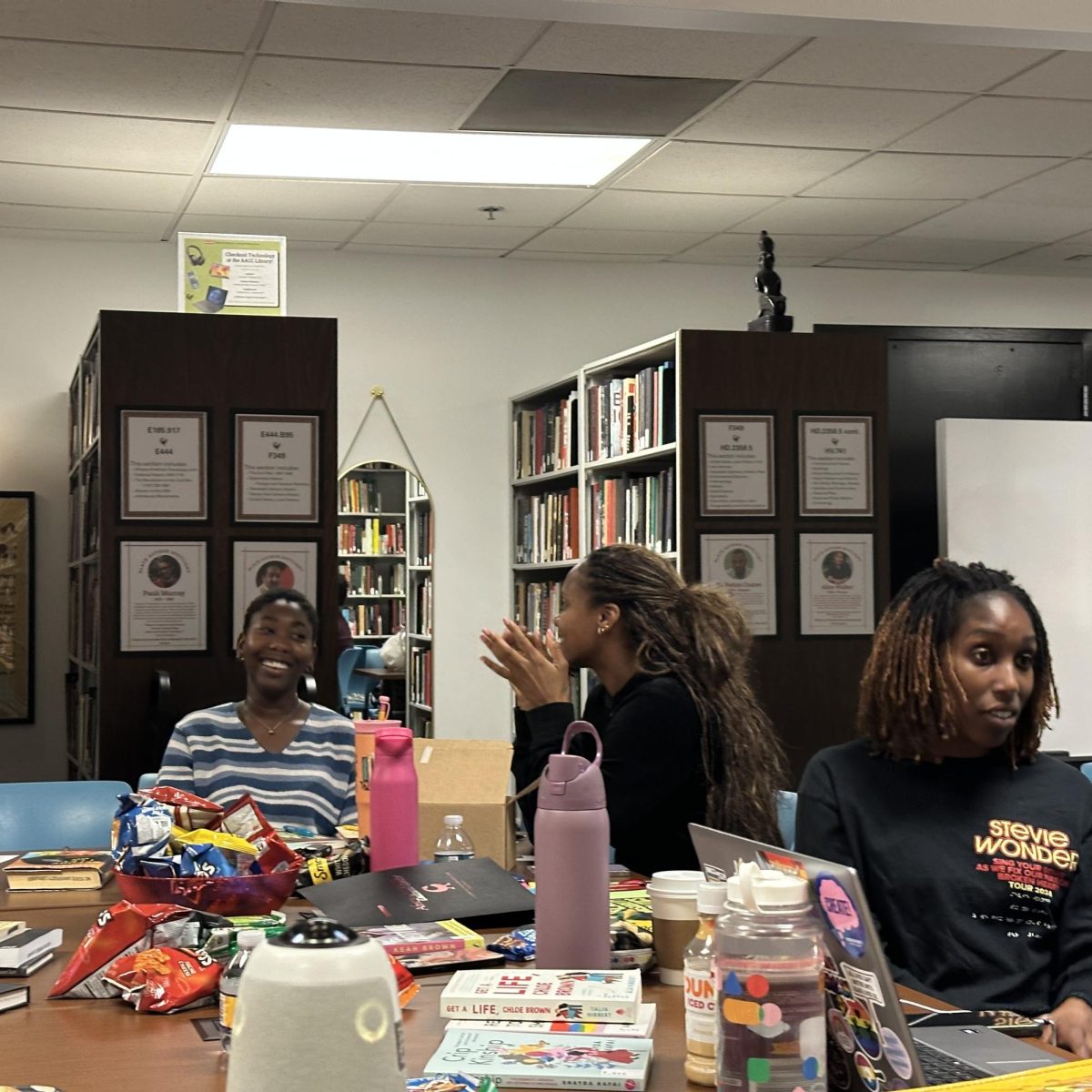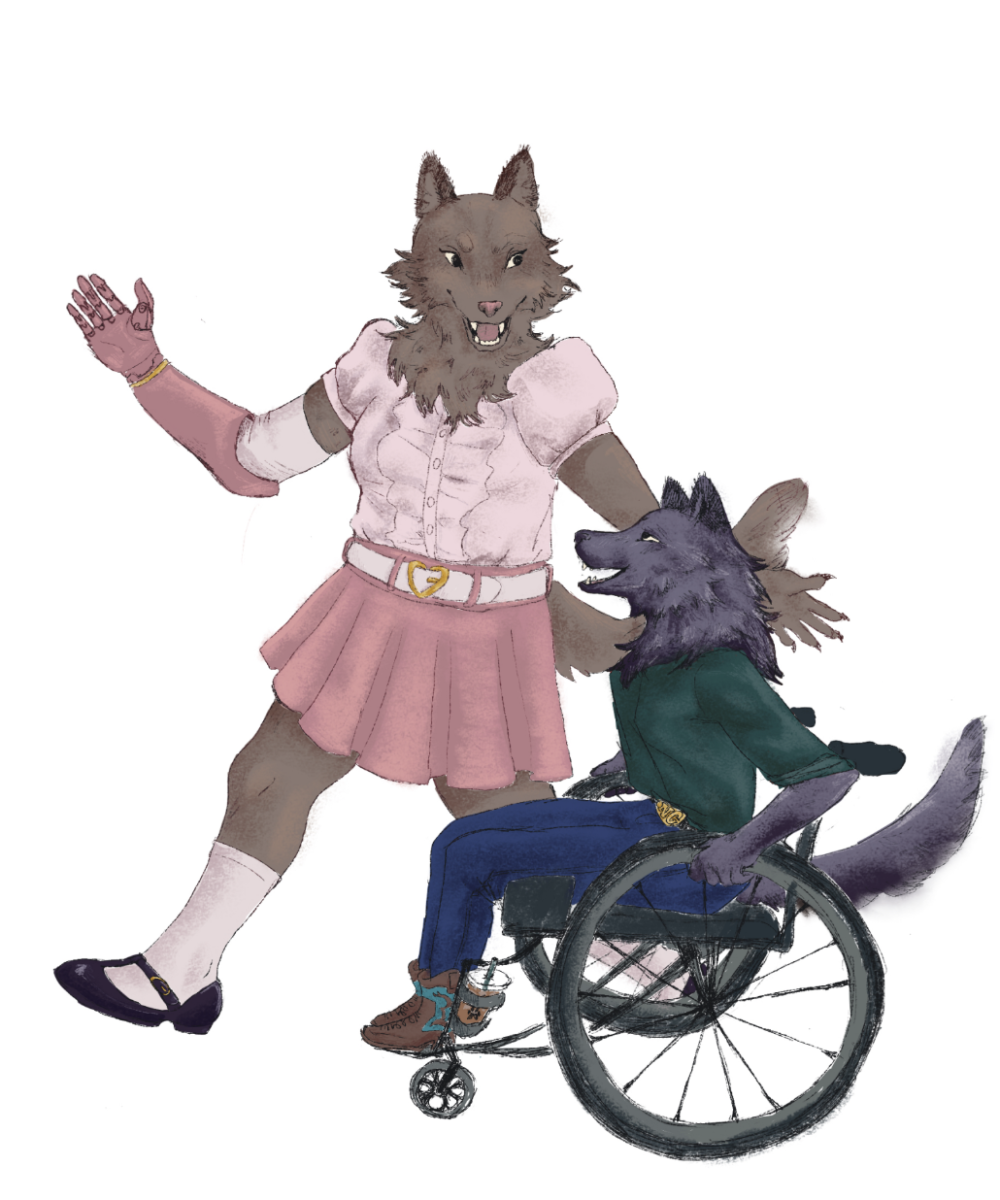The Chat ‘N Chew event hosted by the Native American Student Association (NASA) and Multicultural Student Affairs (MSA) is an important pillar in promoting Native American representation and fostering cross-cultural understanding on NC State’s campus.
It offers students and faculty of all cultures an opportunity to come together, and learn from each other. Chat ‘N Chews offers a space where everyone can engage in open dialogue.
The event’s structure, providing free food and a casual setting, makes it more inviting, encouraging both students and faculty to participate. It’s a space where people can ask questions without fear of judgment and share experiences without feeling pressured to have all the answers. This open atmosphere is crucial in breaking down misconceptions and promoting authentic conversations about Native identities and communities.
For many, like Eli Border, a first-year in exploratory studies, the Chat ‘N Chew serves as a first step in learning about Native culture.” Without much understanding or representation in my home, there wasn’t a focus on these topics,” he shared.
When asked about his thoughts on the Chat ‘N Chew, he shared, “Native representation at NC state is important because it promotes modern native issues and combats harmful stereotypes. Representation is important for both people who identify as Native because there is [an] opportunity to learn more about personal identity.”
Ultimately, events like the Chat ‘N Chew are essential in building inclusive environments where Native students and communities are seen, heard and respected. They also educate students unfamiliar with Native cultures, creating a more informed and connected campus.
For Native students, groups like MSA and NASA are vital safe spaces where Native students can embrace their identities and connect with others who share similar experiences.
For Mary-Riley Locklear, a first-year majoring in biology, these organizations have not only helped affirm her Native identity but also served as a valuable opportunity to learn more about her culture. She explains, “The affinity groups here have helped me experience so much more. As someone who grew up outside the tribal communities I relate to, it’s been really important for me to build connections with Native students who live within those communities.”
Through these groups, Mary-Riley has strengthened her bonds with her Native peers, participated in traditional cultural activities and overall, developed a deeper sense of Native pride.
One of the most significant experiences for her was joining Miskwá Waya, the student drum group on campus. She shares, “I had never really gotten into singing until I started attending practices,” highlighting how the group introduced her to new aspects of her culture. Organizations not only support cultural pride but also encourage personal growth and deeper engagement with Native traditions.
Native representation is crucial at NC State, especially given the small size of the Native community on campus. Spaces like MSA and NASA play a vital role in bringing together and supporting this marginalized group.
Mary-Riley shared her thoughts on the importance of Native representation at NC State, saying, “Native representation is really important to me here because our community is so small. But I love that smallness—it feels like a family! The representation we have is meaningful, from the Native presence in clubs and Greek organizations to individuals like Gavin Bell and Justin Richardson, who help support us Native students every day. It’s essential to have a safe space for one another in a large PWI, and I’m grateful for that sense of community we’ve built.”
NASA and MSA’s Chat ‘N Chew serve as a need for greater understanding and inclusivity across campus. It is the safe spaces of campus community centers like MSA and student organizations like NASA that are the reason that students, faculty, and staff can share and learn from one another’s cultures and experiences.

